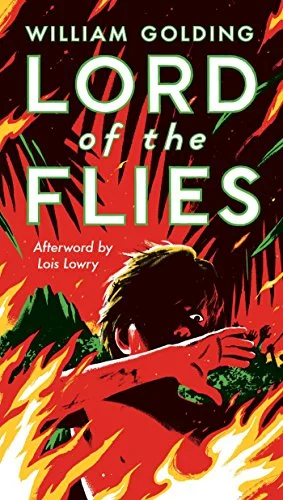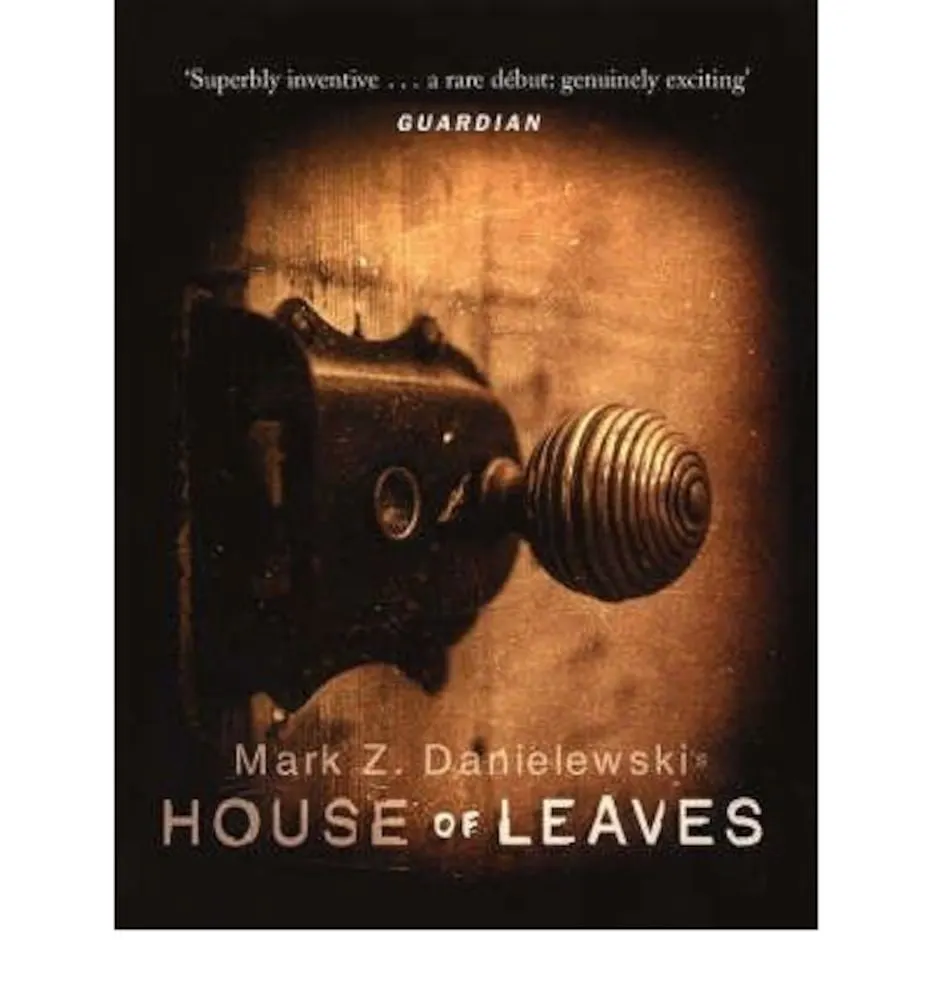William Golding’s 1954 novel Lord of the Flies remains one of the most studied works of modern literature, often discussed in classrooms for its stark portrayal of human nature. The book explores what happens when a group of British schoolboys are stranded on a deserted island and attempt to govern themselves.
What begins as an experiment in order and cooperation collapses into violence, fear, and tribalism. While much of the novel charts the descent into savagery, the ending delivers one of its most powerful statements. The arrival of a naval officer to “rescue” the boys is not a relief but a chilling critique of the very idea of civilization itself.
The false comfort of rescue
At first glance, the ending might seem like a typical narrative resolution: the boys are saved just before Ralph, the last voice of order, is killed. Yet Golding deliberately undercuts this relief. The officer who finds them represents the military establishment of the outside world, itself engaged in a global conflict. Instead of symbolizing stability, his presence exposes the hypocrisy of civilization. While the boys’ savagery is shocking, it mirrors the organized violence of the adult world. The supposed “rescue” highlights that humanity’s brutality is not confined to isolated circumstances but embedded in larger systems.
The irony of innocence lost
The boys begin the novel as symbols of innocence, singing in their choir robes or organizing rules for democratic decision-making. By the final chapters, they are painted hunters carrying spears, chanting, and committing acts of murder. When the officer arrives, he is dismayed by their appearance and behavior, asking if this is what British schoolboys should be like. His words carry irony, as Britain itself, during Golding’s time, was embroiled in war and violence. Golding suggests that the boys’ transformation is not an aberration but an accelerated reflection of what nations do on a grander scale.
The collapse of the social contract
Throughout the novel, Ralph and Piggy attempt to maintain order through rules, assemblies, and the conch shell as a symbol of authority. The breakdown of these structures represents the collapse of the social contract—the idea that civilization relies on shared agreements to maintain peace. By the end, the conch is shattered, Piggy is dead, and Ralph is hunted like an animal. The officer’s arrival does not restore the social contract but instead emphasizes that even in the broader world, order is maintained through force and dominance rather than mutual respect.
The mirror of global conflict
Golding wrote the novel in the shadow of World War II and during the beginnings of the Cold War. The naval officer who rescues the boys is part of a larger military system that wages war across nations. The boys’ microcosm of violence on the island mirrors the macrocosm of violence outside it. The implication is clear: the difference between “savage” boys on an island and “civilized” nations at war is one of scale, not substance. This critique challenges readers to reconsider the moral superiority often claimed by societies engaged in organized violence.
The symbolism of fire
One of the novel’s most striking symbols at the end is the fire. Initially, fire represents hope of rescue, a beacon of civilization and connection to the outside world. However, the final fire is one of destruction—Jack’s tribe sets the island ablaze in their hunt for Ralph. Paradoxically, this destructive fire becomes the very signal that attracts the naval officer. Golding uses this irony to underline his critique: civilization often emerges not from noble order but from destruction and chaos. The dual nature of fire reflects the duality of civilization itself, capable of both creation and devastation.
The end of childhood
The officer expects the boys to behave as children, playing games of adventure like characters in stories such as Coral Island, a novel Golding deliberately references. Instead, he confronts a grim reality: their “game” has led to real death and irreversible trauma. Ralph’s weeping at the end—“for the end of innocence, the darkness of man’s heart”—encapsulates the loss of childhood. Civilization, the narrative suggests, cannot protect innocence; it only masks the brutality inherent in human nature until circumstances strip away its veneer.
The critique of authority
The naval officer represents authority, but his role is not heroic. He asks naive questions, assumes the boys were merely playing, and fails to grasp the depth of their ordeal. His uniform and weaponry symbolize power, yet Golding presents him as blind to the larger truth: the civilization he embodies is itself deeply flawed. Authority, in this sense, does not bring wisdom or morality; it merely enforces control. This underlines the critique that civilization’s institutions are not fundamentally different from the tribalism on the island—they are simply more organized and industrialized.
The cyclical nature of violence
Golding’s ending suggests that the violence on the island is not an exception but part of a cycle that perpetuates itself across generations and societies. Just as Jack’s tribe hunts Ralph, nations hunt one another in endless cycles of war. The rescue does not break the cycle but places the boys back into a world where the same impulses dominate, only disguised as strategy and politics. Civilization, therefore, is not an antidote to savagery but a continuation of it under different rules.
Why readers find the ending unsettling
The power of the ending lies in its refusal to offer closure or comfort. Instead of reassuring readers that civilization restores order, it unsettles them with the realization that civilization is complicit in the very violence it condemns. This lack of resolution forces readers to question assumptions about progress, morality, and the structures that govern society. Golding’s critique lingers because it undermines the comforting notion that savagery is a deviation from the norm. Instead, he suggests that it is civilization itself that perpetuates and legitimizes brutality.
Civilization unmasked
The ending of Lord of the Flies remains one of literature’s most haunting critiques of civilization. By juxtaposing the boys’ collapse into savagery with the presence of a naval officer engaged in global warfare, Golding exposes the thin line between order and chaos, civilization and savagery. The critique lies not only in the boys’ transformation but in the recognition that adult society operates by similar rules, only cloaked in uniforms and institutions. Civilization, far from being a shield against human brutality, often provides the very structures that allow it to flourish.


